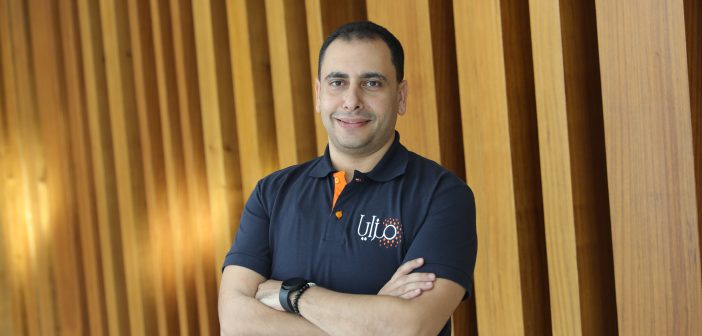LG is acquiring automotive cybersecurity startup Cybellum in a $240M deal

LG Electronics, the Korean tech giant that once was a leading player in mobile phones but is now winding down that business, is making an acquisition that points to its ambitions in another, emerging area: next-generation automotive hardware and services. Today the company announced that it will be snapping up Cybellum, an Israeli automotive cybersecurity specialist that detects and assesses vulnerabilities in connected vehicle services and hardware by way of a “digital twin” approach.
The deal is coming in several parts, LG said.
Initially, it is taking a 64% stake in Cybellum for $140 million, and it will contribute a further $20 million in the form of a simple agreement for future equity (SAFE) note, “upon conclusion of the trading process in the fourth quarter.” The remaining shares will then be acquired the “near future” (no specified date), which is also when the final valuation and investment will be confirmed.
As it stands now, if the valuation remains consistent, the deal in total will be worth some $240 million (market forces or the company’s own business funnel could impact this).
LG has been building a profile as an investor in interesting automotive startups, but this is its first acquisition out of Israel — Cybellum is based in Tel Aviv — and points to the bigger company’s interest not just in hardware but in providing software solutions to the automotive industry.
“It’s no secret the critical role software plays in the automotive industry and with it comes the need for effective cybersecurity solutions,” said Dr. Kim Jin-yong, president of the LG Electronics Vehicle component Solutions Company, in a statement. “This latest deal will further strengthen LG’s solid foundation in cybersecurity, enabling us to be even more prepared for the era of connected cars.” This is an area that LG has been eyeing up for a while.
This is a good return for Cybellum’s investors, which included Blumberg Capital, Target Global and RSBG Ventures (the venture arm of German industrial giant RAG). Cybellum had raised just over $14 million prior to this.
Bronfman told us in an emailed interview that the plan will be to continue working with all of these companies for the time being, and to continue operating as an independent entity.
Cybellum’s technology, and LG’s acquisition of it, underscore some significant trends in the world of connected cars and cybersecurity.
Connected vehicles represent a new attack vector for malicious hackers, and a very complicated one, when you consider the multiple components that go into vehicles, and the numerous OEMs and automotive companies at work in the bigger ecosystem of the vehicle. That will only become more complex as vehicles evolve to be “smarter,” more connected, and eventually more autonomous: there will be more connected systems, and even more reliance on them working correctly to work safely.
One of the big challenges has been having a joined up approach to cybersecurity across all of that. LG, as an existing player in the market with ambitions to grow that position, is making an investment both in its future business, and to address a wider services need in the industry.
Cybellum’s approach is to create a so-called “digital twin” of the system — an approach also taken in the worlds of enterprise IT and healthcare — and to monitor this as a way of capturing the full picture to identify and assess threats. This is one way of bridging fragmentation among individual components, while being able to monitor events in real time without straining the systems of the vehicle itself.
“This is first and foremost a security investment,” Bronfman said. “Cybellum is a cybersecurity company. As one of the leading automotive suppliers, LG is prioritizing cybersecurity as they understand that it’s an essential part of the current era of connected vehicles and the transition toward autonomous vehicles.”
LG is not currently a partner of Cybellum’s but Bronfman said that the first integrations between the two are likely to come out in 2022.







